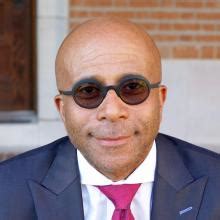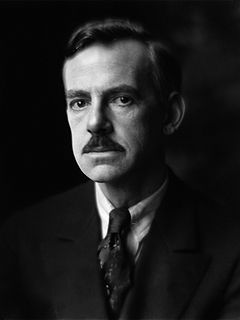A Quote by Naomi Wolf
What, after all, is the narrative of 'the American Dream?' It was a discourse formulated between the 1880s and the 1920s in the United States during the great waves of migration and expansion and reforms of the Progressive Era.
Related Quotes
European countries simply do not have the ideological framework the United States has in the shape of the 'American dream' that has helped to absorb successfully wave after wave of immigration to the States, including Muslim Americans who are well integrated into American society. There is no analogous French dream or German dream.
The American Dream has really good PR. It's kind of difficult to live in the United States and not on some level be pulled into the allure of the American Dream. It's in the DNA of the country. So, for a population coming out of slavery, desperate to become part of the full life of the United States, it only makes sense that they would embrace this route to the American Dream.
The list of American grievances is long: Pakistan developed nuclear weapons while promising the United States that it would not; the United States helped arm and train Mujahideen against the Soviets during the 1980s, but Pakistan chose to keep these militants well armed and sufficiently funded even after the Soviet withdrawal in 1989; and, from the American perspective, Pakistan's crackdown on terrorist groups, particularly after 9/11, has been halfhearted at best.
If we trace origins of anarchism in the United States, then probably Henry David Thoreau is the closest you can come to an early American anarchist. You do not really encounter anarchism until after the Civil War, when you have European anarchists, especially German anarchists, coming to the United States. They actually begin to organize. The first time that anarchism has an organized force and becomes publicly known in the United States is in Chicago at the time of Haymarket Affair.
Americans are right to believe the American Dream is fading. But that dream only became a possibility for white men as a result of the labor struggles and reforms of the New Deal, and it began to extend to minorities and women only after the civil rights and women's movements of the 1960s and 1970s.

































